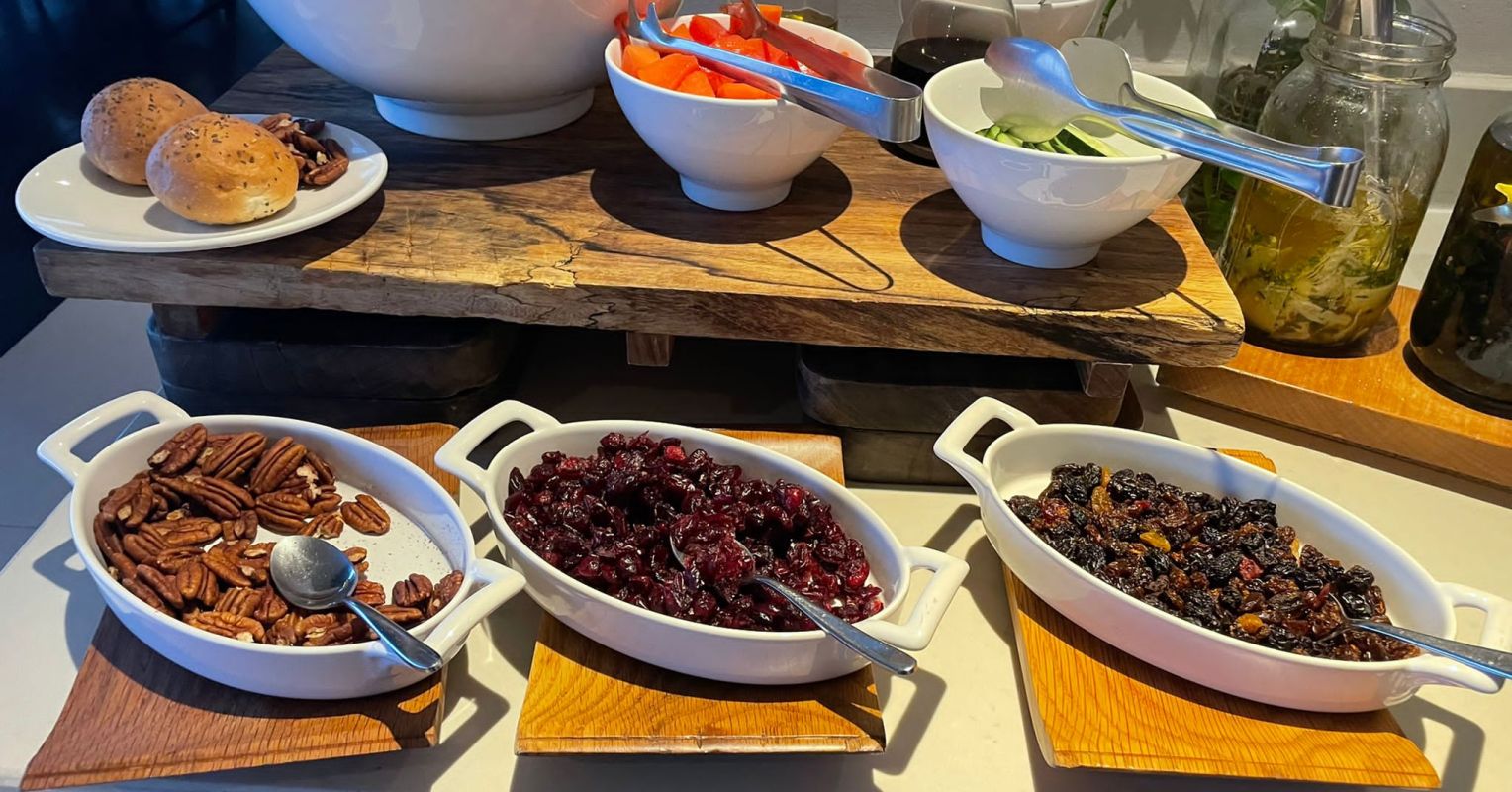
"For so long, food may have felt like the center of your world-something to control, fear, or avoid. Food may have taken over your life. Maybe you stopped being social because you were preoccupied with food. Maybe what you ate defined your identity and sense of success or not. Maybe it controlled your mood. Maybe you continually compared yourself to others in terms of body image."
"When recovery begins, it's natural to wonder: What comes next? How do you learn to live with food in a way that feels peaceful instead of overwhelming? The truth is, recovery isn't just about eating again. It's about discovering freedom-freedom to enjoy meals, to listen to your body, and to focus on the parts of life that truly matter. It's about allowing you to be you."
Life after an eating disorder can feel both exciting and uncertain as food often becomes central, controlling social life, identity, mood, and body comparisons. Recovery prompts questions about living with food peacefully rather than being overwhelmed. Healing extends beyond resuming eating to rebuilding trust with the body, loosening rigid food rules, and developing healthier coping strategies. Recovery focuses on freedom to enjoy meals, listen to bodily cues, and prioritize meaningful life areas. Practical steps include practicing food neutrality—avoiding 'good'/'bad' labels—and allowing foods, including dessert, to be sources of nourishment, connection, and pleasure.
Read at Psychology Today
Unable to calculate read time
Collection
[
|
...
]